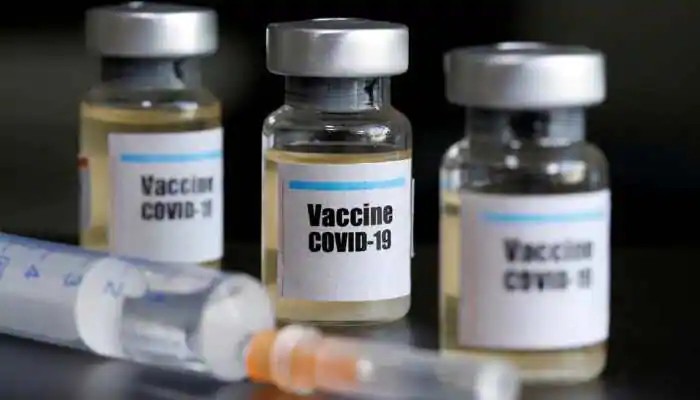Even in some Chinese provinces, a large section of people have declined to take vaccines made by the Chinese companies
Of late, there has been a trend in China to hold India accountable for anything that goes wrong even in its bilateral engagement with other countries. This has been seen in the case of China-Bangladesh relations. Global Times, China’s state-controlled English daily has blamed India for Bangladesh’s refusal to take Chinese vaccines and start their clinical trials.
The Chinese daily seems to be ignoring the fact that several countries have shown either a negative or a lukewarm response to Sinovac or Sinopharm produced vaccines because of the opaque trial method adopted by these companies.
Experts say even in some provinces of China, a large section of people have declined to take jabs of vaccines produced by the Chinese companies as they fear lack of transparency in their production and trial could pose risks to their health.
Beijing is struggling with re-emergence of Covid-19 pandemic in the entire North China. To control the spread of the deadly virus, Chinese authorities have locked down several cities like Jilin, Heilongjiang and Shijiazhuang. Citizens are continuously encouraged through social media platforms, volunteers and CPC workers to take vaccines produced by SinoVac and SinoPharm, yet local response towards the Chinese vaccines has been low.
In the Philippines, lawmakers have questioned the government’s decision to buy a vaccine made by the Chinese company, Sinovac. Malaysia and Singapore ordered several doses of vaccines from Sinovac, but authorities of these two countries have had to reassure their people that they would give a go ahead to the Chinese vaccines only after they are satisfactorily proven as safe and effective.
Brazil, the Latin American country, which has ordered around 6 million doses of vaccines from Sinovac in the first phase, has refuted the claim of the Chinese company about the efficacy of its vaccine. Brazil said the Chinese vaccine is only 50.4 percent effective, which means it will work in only mild cases.
Brazilian President Jair Bolsonaro has refused to be inoculated by the Chinese vaccine.
Similarly, Turkey has received 6.5 million doses of coronavirus vaccine from China, but Turkish authorities have complained that Sinovac has been slow and spotty in providing details of ingredients and trial records.
These developments are said to have created a flutter in the ruling Communist Party of China with some questioning the locally produced vaccines’ effectiveness and the response they have generated in the international market.
However, the Chinese Foreign Ministry continues to put up a brave face on the vaccine issue, stating that China’s drug regulator has always followed the protocol of no compromise in standards, no skip or delay in procedures.
So far 40 countries, including poor ones, have asked for the supply of China produced coronavirus vaccines, but on account of lack of trustworthy data and the lukewarm response of countries like Brazil, the Philippines, Nepal, Bangladesh and Singapore to Chinese vaccines, several countries have turned towards India for the supply of vaccines from the Serum Institute of India.
This has made the Chinese authorities nervous. In their effort to show that their country’s pharmaceutical capability is of a high standard and that of India and other countries are low and substandard, these Chinese authorities through their media have mischievously sought to create doubts about India’s vaccine capabilities.
Now giving a new twist to their anti-India narrative, Chinese authorities have resorted to the South Asia angle. Global Times in an article published on January 26 said: “India has been smearing China’s cooperation with countries in South Asia in cooperation on the anti-epidemic fight as the region is traditionally under India’s influence.”
If this is so, then why is there hesitation in China-influenced countries in Southeast Asia and Africa in going ahead with Sinovac and Sinopharm vaccines? Of course, with its vaccine diplomacy losing its sheen, China is trying to defame India by launching a misinformation campaign against it. But will it sustain?











 Contact Us
Contact Us
 Subscribe
Subscribe
 News Letter
News Letter
 Instagram
Instagram Youtube
Youtube